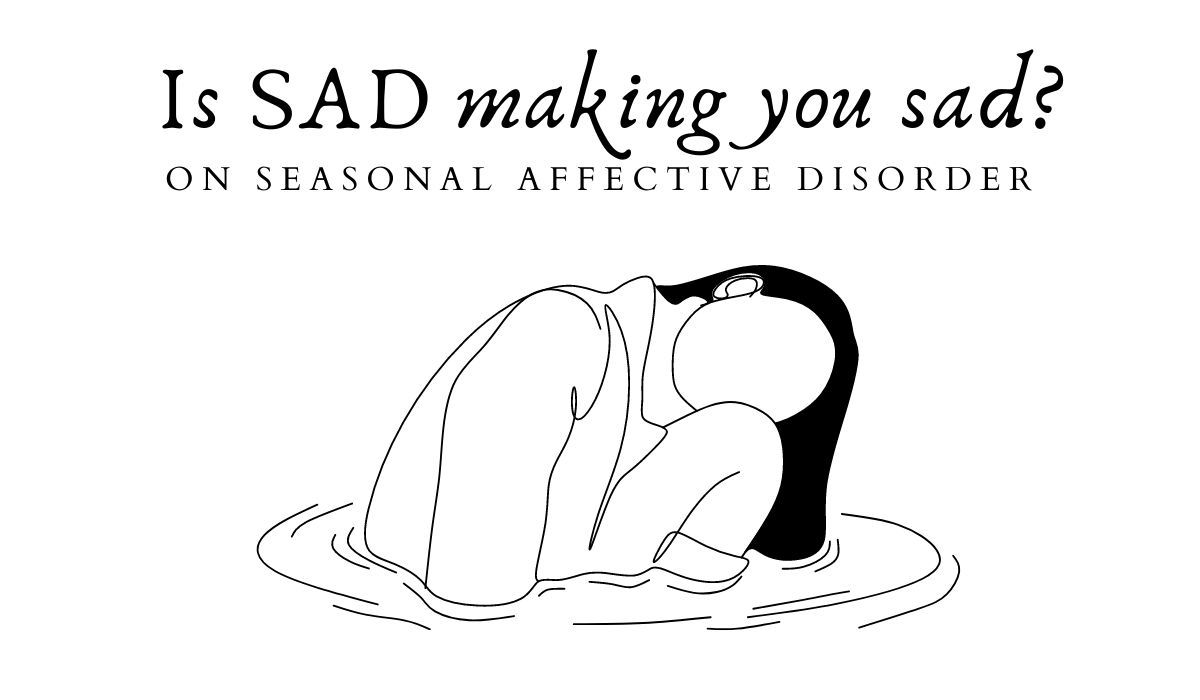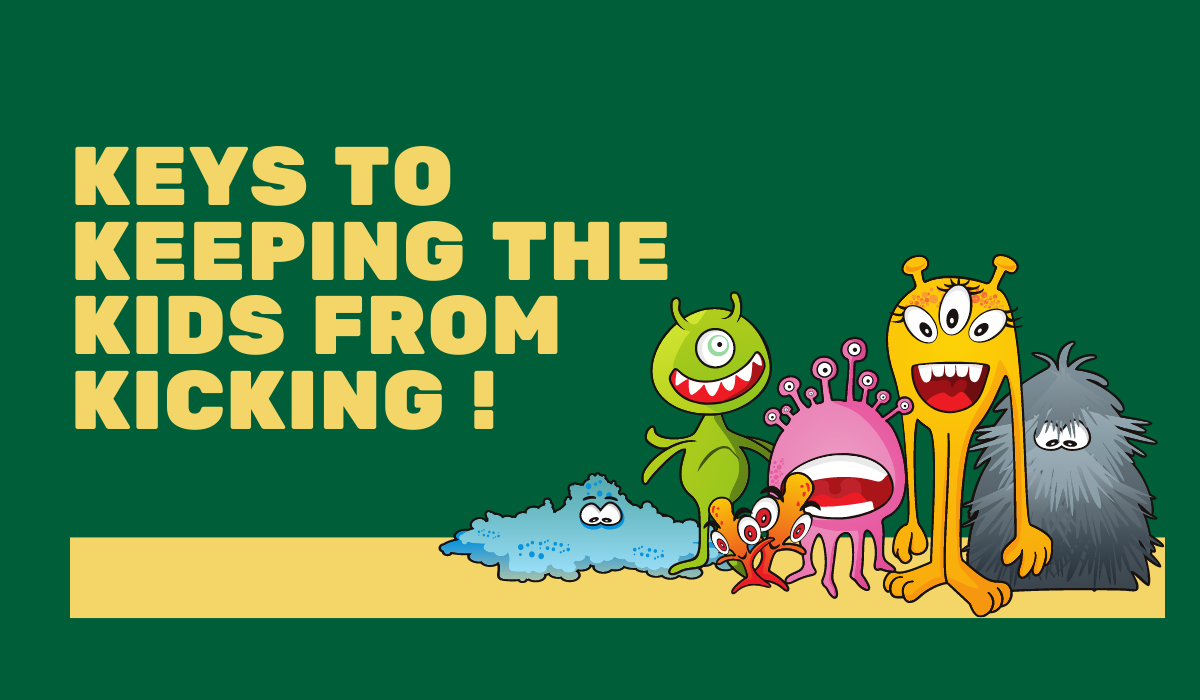Lessons that could change your life: fundamentals to self-development

If I boiled down my twenty-five years to twenty-five key takeaways this series is what they would be. The following is a summary of what I hope will be useful lessons you can come back to on days you need to dig deeper and be more.
Now, twenty-five lessons make a lecture so I’ve broken them down into five the-brain-can-digest-this sized chunks as follows;
Chunk 1: How to get sh*t done
Chunk 2: Fundamentals to self-development
Chunk 3: Pushing past limits
Chunk 4: Tools to socialisation
Chunk 5: Mindset
This article isn’t going anywhere anytime soon so if five is still too big to digest, don’t worry! Use the ones that relate to you most today and the others will be here to come back to tomorrow.
Fundamentals to self-development
To preface this chunk by stating the obvious: there’s no perfect guide to self-development! The concept holds within it all of existence and for us human folk it denotes the conscious practice of incremental improvement and growth. The following is a starting point to a life of self-improvement and reflection.
1. Self-awareness and your internal narrative
Who am I? (No, not me, YOU!)
Let’s start with you in the present moment. Describe yourself.
…
Stop here and actually do it, describe yourself.
…
I reckon that the description went something like the following – name, age, vocation, your physical appearance and maybe some other demographics such as where you’re based or how many pets you have.
Now describe yourself as you are in the present moment as a compound of your perceived strengths and weaknesses, behaviours, thoughts and feelings.
An interesting theory in self-awareness is the Johari window:
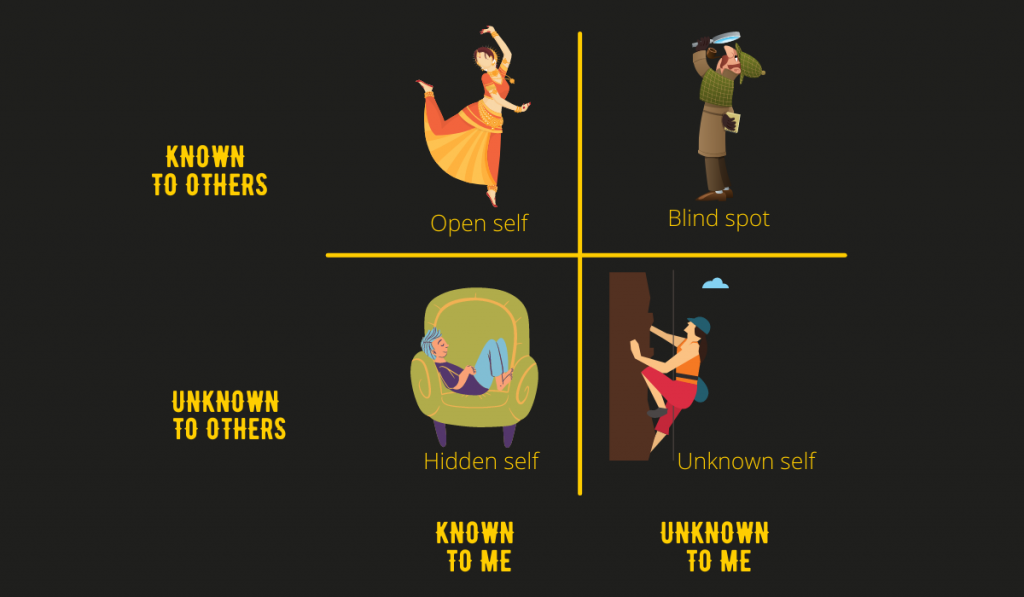
The information you shared initially while describing yourself likely fell into the first quadrant, the open self AKA ‘the comfort zone. The information you shared on re-describing yourself likely fell into the third quadrant, the hidden self or as I like to put it ‘a personal space’.
There are two further quadrants for exploration.
- Quadrant two is your blind spot and is explored through feedback from co-workers, friends and family. However, always remember to put your own lens on external feedback. It is not always accurate, not always necessary and comes with many biases.
- The final and fourth quadrant is one I like to describe as ‘stepping outside of the comfort zone’ (a bit clunky I know – if you have any better suggestions let me know). This space is one that is realised by pushing yourself past false limitations i.e by stepping outside of your comfort zone. It’s where the adrenaline rushes happen, the best memories are made and is a space worth exploration!
Self-awareness is important for countless reasons, some of which are allowing observation of emotions without fear, fulfilling potential, improving decision making and helping create a positive outlook.
2. Fundamentals
Fundamentals, the foundations to the skyscraper that will be your life: self care! I can’t stress enough how before you learn trigonometry or the laws of physics you should learn how to take care of yourself. Broadly speaking you can break self care down into the following:
a. Physical health
i. Diet
ii. Exercise
iii. Mobility
iv. Sleep
b. Mental health
i. Mindfulness
ii. Learning and fulfilment
iii. Exercise
iv. Sleep
c. Sleep
3. Core values
What are core values? The description is within the name. They are the values that we carry within the deepest parts of our being that remain constant, even in ever-changing circumstances. All tangents within which we conduct ourselves should relate to these core values.
What are your core values? Here is where I like to bring in Maslow’s hierarchy of needs (see image below). Most/all of us pursue physiological needs, safety needs and love and belonging. These include but are not limited to employment, health, friendship, family and intimacy. The top two tiers however, esteem and self-actualisation are more open waters, and this is where listing your core values becomes critical.
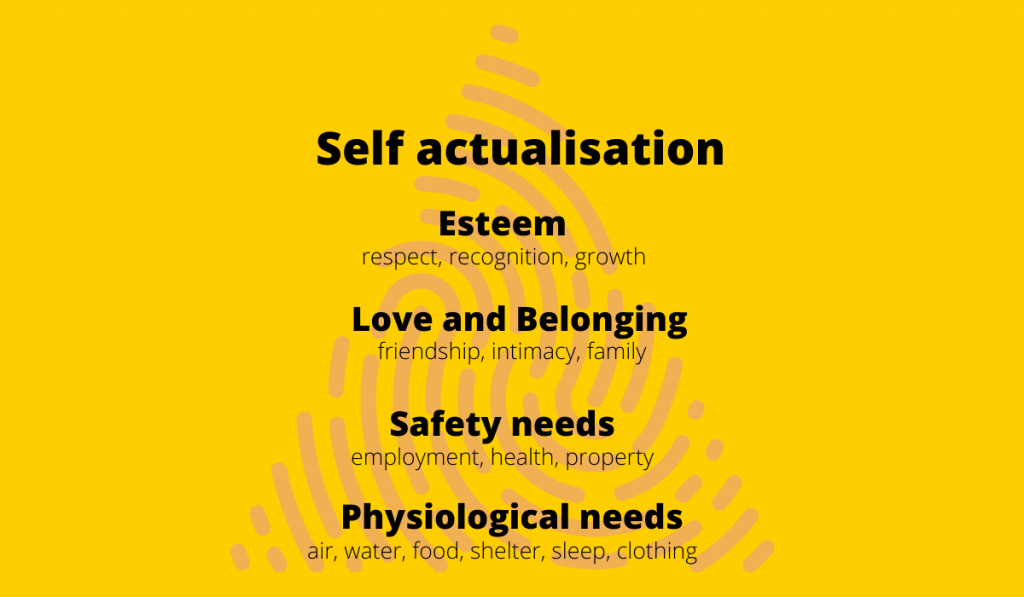
According to simple psychology, self-actualisation is ‘the complete realization of one’s potential, and the full development of one’s abilities and appreciation for life.’ To me this sounds much like the pursuit of enlightenment or reaching Nirvana. Knowing your core values is fundamental here, it will help with prioritisation, direction and will shift the way in which you approach life.
If you’re completely lost use the link below to find inspiration for some core values. I’d recommend a list of 5-10 of the ones that resonate with you the most.
https://www.cmu.edu/career/documents/my-career-path-activities/values-exercise.pdf
4. Goal setting
‘Goals are simply the destinations at which we wish to arrive.’ – Mark Manson
You’d think that by twenty-five ripe years and hundreds if not thousands of destinations later I’d be an expert at goal setting. Truth be told, I create lists that are too long, too non-specific or just too much. I mix goals with to-do lists and habits. These lists then disappear into the pages of my diary only to be ‘reflected upon’ as December comes knocking. The following are some fundamental truths about goal setting and a rough guide to setting good goals.
One key factor in setting goals is making sure that they are your own. Don’t get caught up in cycles of societal pressure and external influences. One way to do this is to use Maslow’s hierarchy of needs as a guide (see above), start at the bottom tier and work your way up. Think of your true core values, flesh them out and set your goals accordingly.
Goals are a destination and are not the directions. Each goal will come with its own to-do list. A handy tool to use when prioritising to-dos is compiling them all into the Eisenhower matrix (see image below) to divide up the ‘jobs’.
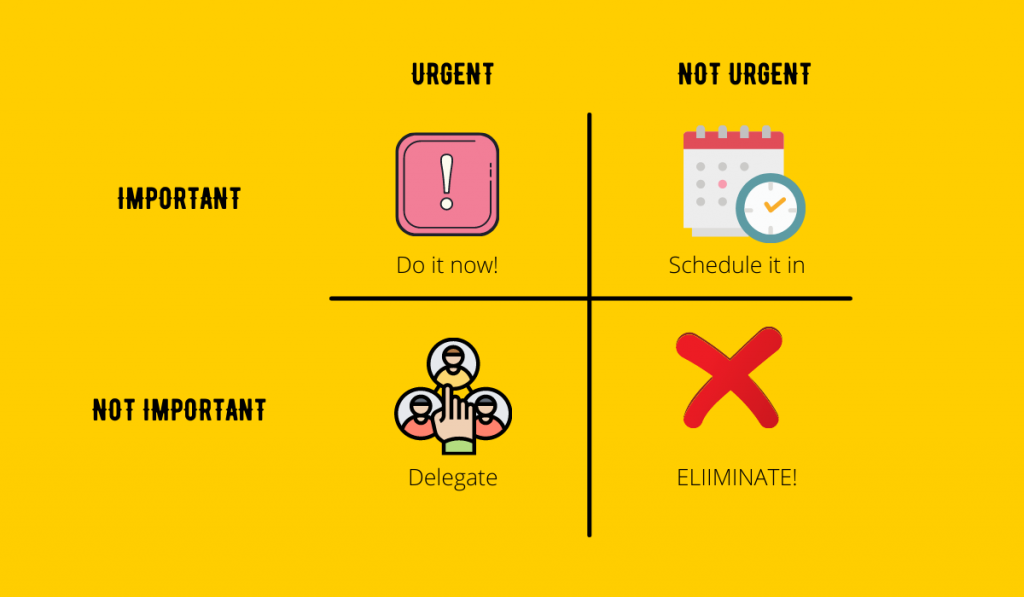
It’s important to have a mix of big and little goals, SMART goals (I haven’t explained SMART goals because I’m assuming that most of you know what a SMART goal is, if however you don’t, it is worth giving it a quick google) and soft goals. Don’t limit your potential by creating a list that you’re going to achieve without pushing up the gears but conversely don’t expect to drive at gear seven at all times. Every goal does not need to be SMART and measured, it’s okay to have soft goals such as ‘be happier’ too.
Goals can and will change as you work your way through them. That is OK.
A few final thought to share with regards to goal setting:
- Some people have one big dream for their lives and others have lots of little dreams. We all spend our productive days and hours chipping away at those dreams, sometimes with and sometimes without enthusiasm.
- Regardless of how well aligned your goals are, you can’t expect to enjoy every moment of working towards them. You can love your job and not enjoy every hour of work.
- Some key tools of the trade that come into play here are outlined in Part 1 of this series: the fundamentals to getting sh*t done.
5. Self acceptance
It almost seems counter-intuitive to bung self acceptance under the self-development chunk because surely if someone is working on themselves it’s because they’re unlovable or broken right? WRONG.
This requires quite a rational lens or outlook. The key is to observe and recognise everything, highlight areas for growth and development but also not to place value judgements on them. Life is a journey. You can be happy where you are right now and still want growth.

